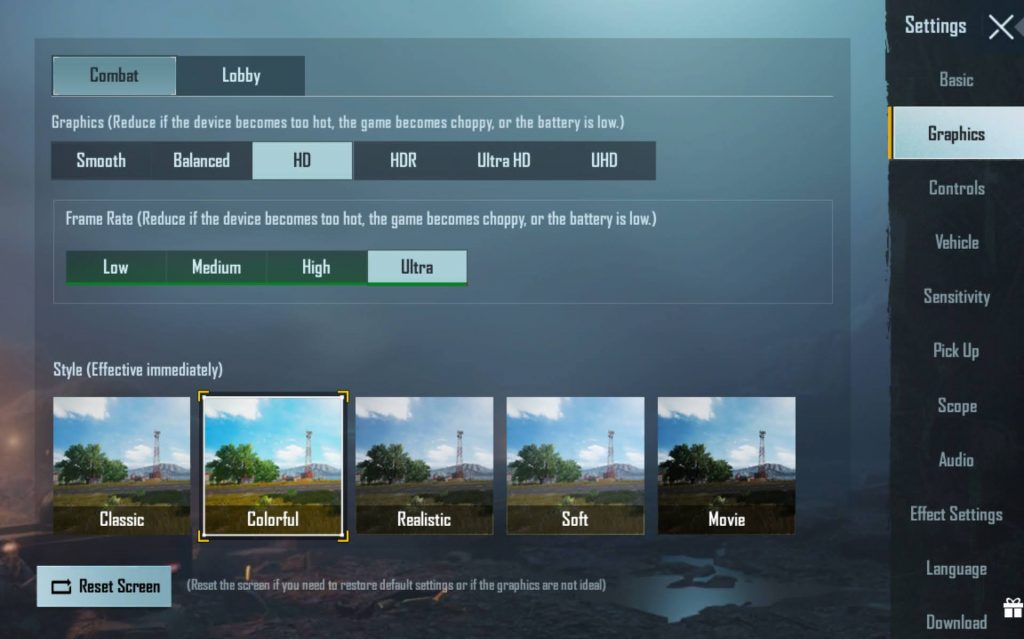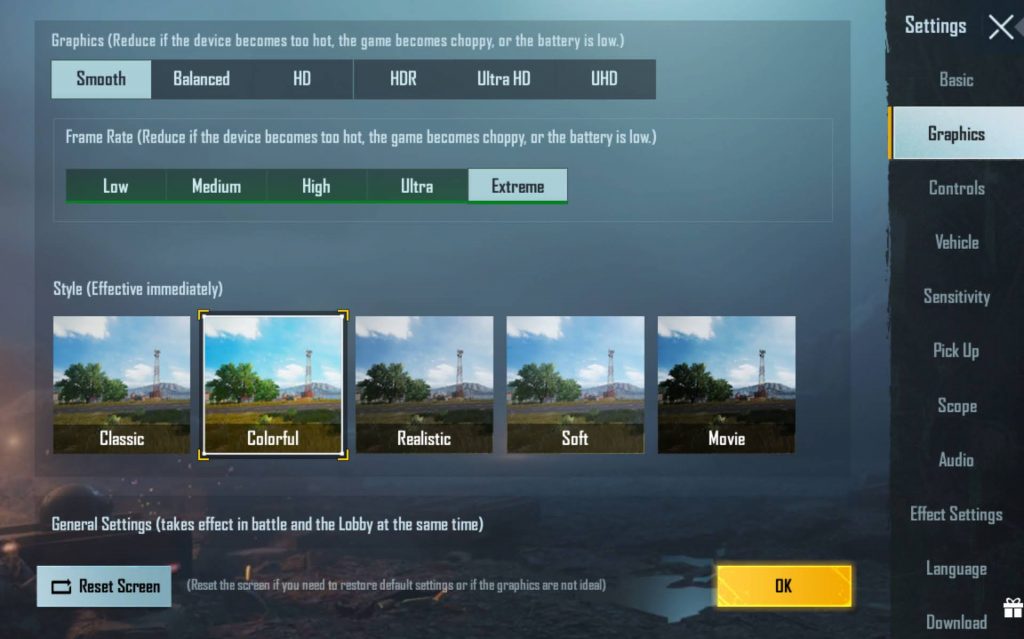
Support our independent tech coverage. Chrome Unboxed is written by real people, for real people—not search algorithms. Join Chrome Unboxed Plus to connect with our small team directly and enjoy our website entirely ad-free. Plans start at just $2 a month and include a 7-day free trial. Your contribution also grants you access to our private Discord community, member-only AMAs, giveaways, and more.
7-day free trial (monthly)7-day free trial (yearly)
It’s no secret that we like to take part in a bit of pew-pew action here at the Chrome Unboxed office via games like PUBG Mobile during our daily lunch breaks. We look at it as a sort of team building exercise where strategy, teamwork, and skill all deftly mix to deliver the prized win: a chicken dinner. Hyperbole aside, games like PUBG Mobile do help people learn to work together more efficiently, but we mainly just play becasue it is so much fun!
The minute Android apps became a reality on Chromebooks about 4 years ago, games like PUBG Mobile didn’t exist on Android just yet, but they were right around the corner. As we began playing games of this caliber on our phones, it was a natural move to want to do the same on Chromebooks we were testing. After all, both devices run Android apps, right? We should at least be able to play these Android games on our Chromebook touchscreens without too much hassle and eventually enjoy proper mouse and keyboard support as time goes on.
We’ve been waiting a long time
It didn’t take long to see that developers weren’t exactly chomping at the bit to get their Android apps up and running well on Chromebooks. It wasn’t a shun, per se, but more of a blissful ignorance of the entire situation. 4 years ago, Chromebooks didn’t enjoy the popularity they do now and the user base was very small. As Chromebook users, we were a niche group and, to no small extent, remain so to this day. Developers work hard to make their games and apps work well across a lot of variables on Android, so adding yet another thing for them to consider for a tiny fraction of their user base clearly wasn’t causing anyone to sit up and take notice.
Years wore on this way with users waiting for proper consideration for apps on their Chromebooks with little in the way of any real acknowledgement that anything was shifting. Sure, we got better apps here and there for the larger-screen Chromebook users, but to this day there are still app developers out there that don’t even realize their app is already out there working on Chromebooks and simply needs a tweak to really work well. We’ve heard stories just in the past few months from people at Google who will attest to the fact that a good majority of app developers are either unaware of Android on Chrome OS or just assumed their app wasn’t being used at all on a Chromebook. This isn’t a recipe for a thriving app experience.
There are glimmers of hope
With all that in mind, I semi-regularly check the state of PUBG Mobile on my Chromebooks to see where we are. PUBG Mobile is wildly-popular and very complex, so the way I see it, if the developers of a massive game start making things better on Chromebooks – any Chromebook – that is a pretty big deal. It means they are considering the platform and making decisions to actually invest in it, and that is both important and exciting.
Up until yesterday, I wouldn’t have considered playing PUBG Mobile on any of my Chromebooks. Even the Core i5 devices I have struggle with it as the game isn’t optimized to take advantage of all that power. Will it run? Technically, yes, but it is forced to run at low framerates at low graphic settings and on a larger screen it just looks like a hot mess. This is one of the big things I’m excited about with more-powerful ARM devices like the new Acer Chromebook Spin 513 on the way. Games and apps like PUBG Mobile won’t have to be worked on quite as much to play well on these ARM-based Chromebooks since the processing architecture is more closely aligned with what we have on our phones.
Even so, I still check the game on current hardware from time to time and basically am let down each time. While I remain confident that the day will come where I can play solid mobile games on my Chromebook, that reality remains firmly planted in the future.
A recent check, however, gives me a bit of hope that this future I speak of may not be as far off as I’ve thought. Just last night, I fired up PUBG Mobile on the Lenovo Chromebook Duet (easily the most under-powered Chromebook I personally own) just to see how the latest update would run and I was pleasantly shocked to find things are changing in a pretty big way. Don’t get me wrong, it’s not all daisies and roses, but it is quite clear that the developers for PUBG Mobile have turned some attention to at least this single Chromebook (my Intel-based devices are still bad) and/or this particular MediaTek processor.
As you can see in the images above, where I’ve never been able to move the graphics up past HD before, I now have the option of HDR (which the Pixel 4a and 4a 5G cannot muster) and at that higher graphic setting, I can also opt for the ultra frame rate setting, too. Oh, this also gives me the option to keep anti-aliasing and shadows on with these increased settings, too. That’s a big step up from the settings we currently get on nearly every other Chromebook out there right now. If I drop things down to the smooth graphics setting, however, I also get the option for extreme frame rates, and that is where this whole new setup really shines. It is quite literally the first time I’ve ever played PUBG Mobile on a Chromebook with a nice, buttery-smooth framerate.
Keep in mind, the Lenovo Duet is not a fast Chromebook and the processor inside is not a strong performer when compared with the chips shipping in phones these days. Yet, regardless of this, it seems the developers of PUBG Mobile have opted to get things in line to make the game experience far better on this little tablet than I feel like it has any right to be. For once, it is actually playable. Oh, and I also don’t get the weird message about the fact that I’m using an emulator like I see on other Chromebook devices, either, so I can match up with other players the way I would expect when I play on the Duet.
Does that mean I’m going to start playing on this tablet during our lunch break combat sessions? Not long-term, no. After all, as I’ve said, the MT8183 in the Duet is far less powerful than I’d like and the gyroscope is somehow off-axis, reversing the X and Y axis only in this game (Call of Duty does this just fine). Instead, I see all of this as a bright light of possibility and hope for a future where big titles get the attention they need to work as well as possible on Chromebook hardware. I still think we’ve not yet scratched the surface of what Android apps are capable of on Chromebooks, and this latest change with PUBG Mobile makes me wonder how awesome some of these software/app experiences could be if given the attention they deserve on Chrome OS.
If an intense, massive 3D game like this can run quite smoothly on an under-powered MediaTek Chromebook, what is possible with other things like video editors or other media-related applications? With a bit of care, it feels like far more could be possible on Chromebooks with Android apps, and it is beginning to look like some app developers are seeing those possibilities. I don’t care who you are: that is exciting stuff.
SUBSCRIBE TO UPSTREAM
Get Chrome Unboxed delivered straight to your inbox
Upstream is our flagship, curated newsletter with the top stories, most click-worthy deals, giveaways, and trending articles from Chrome Unboxed sent directly to your inbox a few times a week. Join 31,000+ subscribers.



